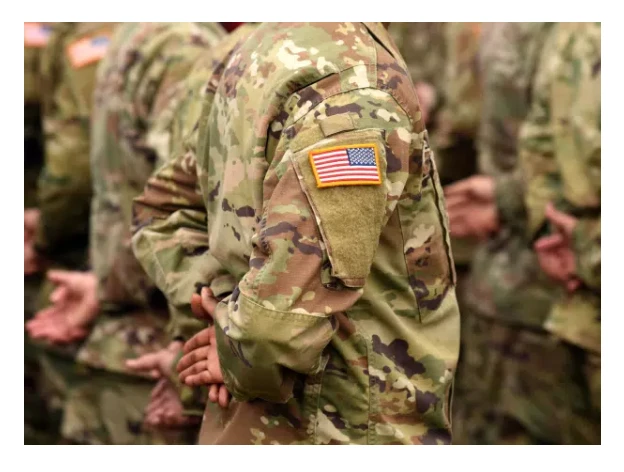Camp Lejeune Lawsuits

Camp Lejeune is a Marine Corps military base located in North Carolina, spanning more than 246 square miles off the coast. The base, first opened in 1941, has been the home to millions of military service members, their families, and civilians over the years. People who lived at Camp Lejeune for at least 30 days between 1953 and 1987 may have the right to file a lawsuit and seek compensation from the government.
The private water supply at the base became contaminated as a result of runoff from a nearby dry cleaner as well as from the military base itself. Specifically, dangerously toxic levels — between 240 to 3,400 times the limit set by the EPA — of volatile organic compounds (VOCs), including trichloroethylene (TCE) and tetrachloroethylene (PCE), were identified.
Worse, considerable evidence indicates that the government had knowledge of the water contamination and the risks it posed to those who used it but did nothing. Evidence further suggests that the government actively concealed information about the contaminated water supply.
Early VOC contamination was detected in the 1940s, and the Navy deemed the water non-potable and shut down those wells. However, new wells were opened nearby, and nothing was done to ensure that they were free of dangerous chemical runoff.
In the 1980s, the United States Marine Corp began investigating potential contamination issues. The military was formally advised that many wells were poisoned and unsuitable for human use. Despite this information, the USMC took no action to protect its service members and staff. To add insult to injury, the USMC submitted a report to the Environmental Protection Agency in 1983 stating that Camp Lejeune had no contamination issue, despite evidence to the contrary.
In 1984, a new investigation discovered that the water wells at Camp Lejeune were not only contaminated with dangerously high levels of TCE and PCE but also benzene. The wells were shut down, and the state of North Carolina was notified about the TCE and PCE contamination but not about the presence of benzene in the water supply. The USMC also withheld this information in a 1992 federal health report.
By 2005, the Justice Department and the EPA had launched a full-scale investigation into the water contamination at Camp Lejeune. Since then, more than 70 chemical contaminants have been identified in the water supply at Camp Lejeune.
Several independent studies have focused on Camp Lejeune’s water contamination and related adverse health events. Ultimately, the consensus was the same: People exposed to the water supply at Camp Lejeune were at a heightened risk of cancer, birth defects, immune disorders, Parkinson’s disease, aplastic anemia, infertility, brain damage, ALS, and death.
Now, thanks to the Camp Lejeune Water Contamination Act of 2022, people who have suffered a serious medical condition or lost a loved one due to VOC exposure at the base can fight back and demand justice.